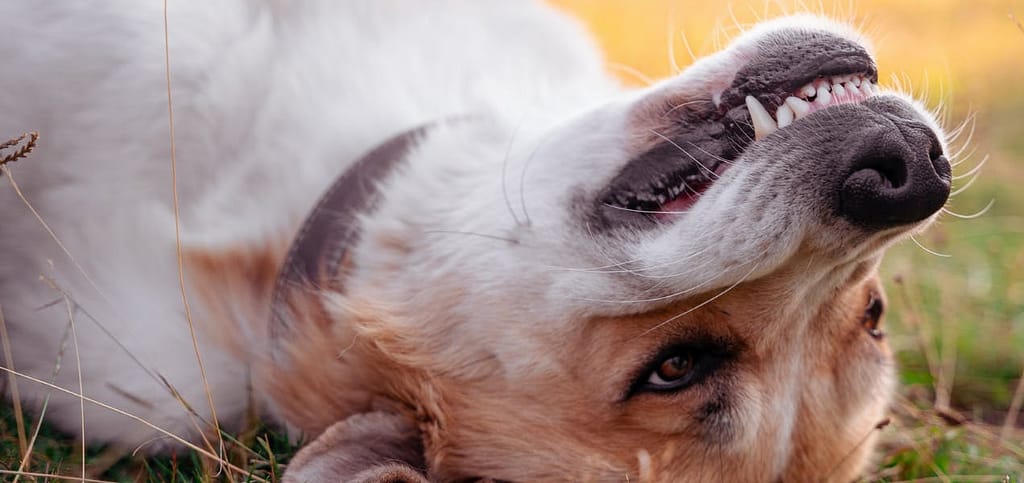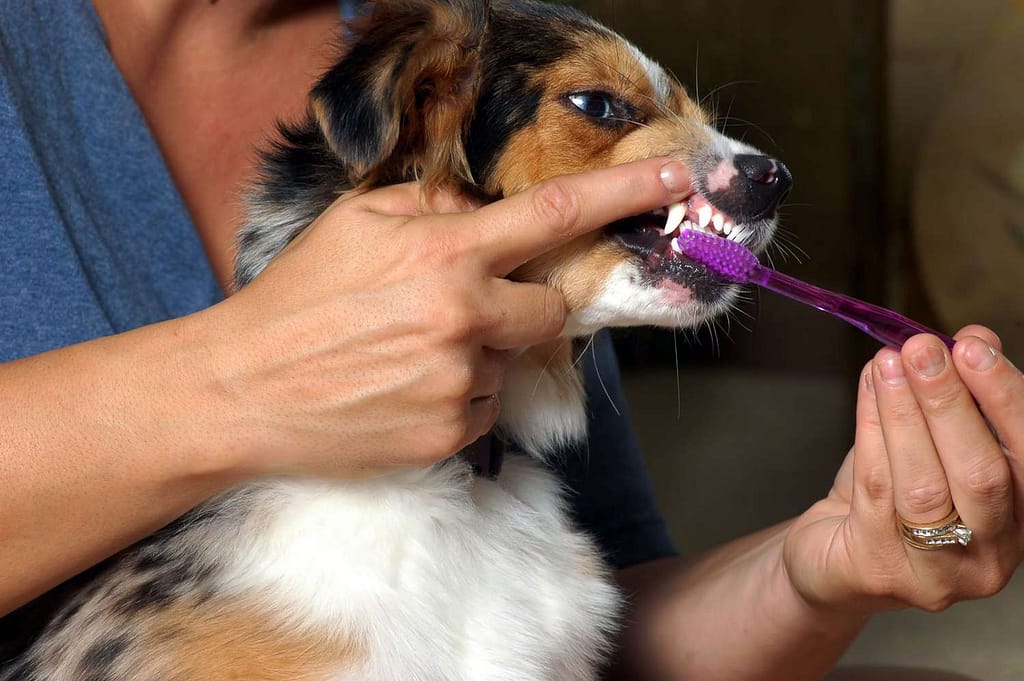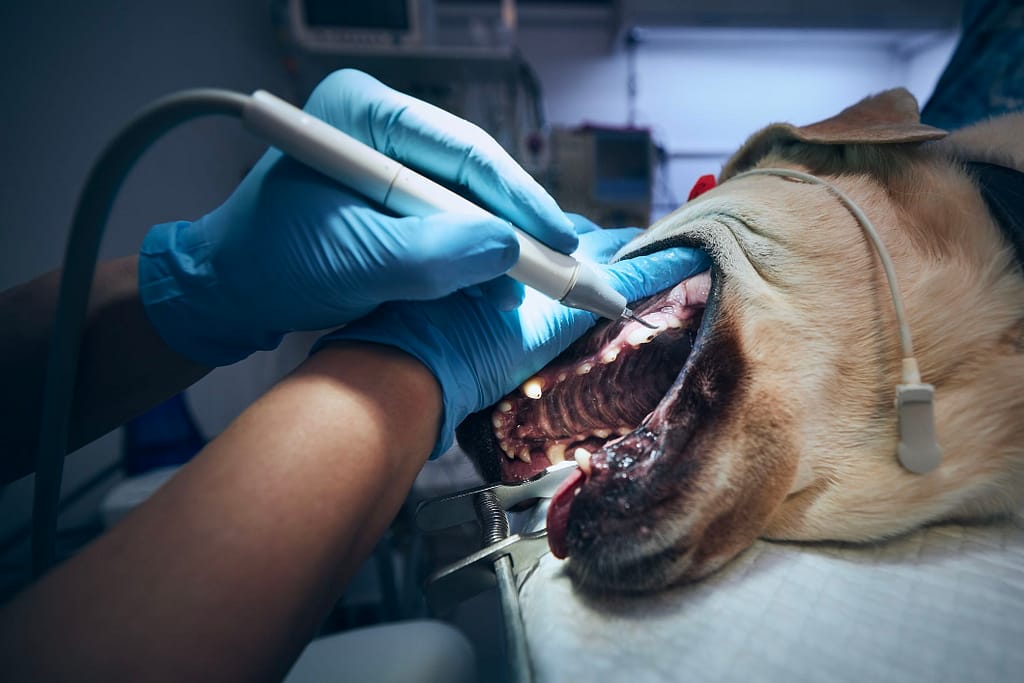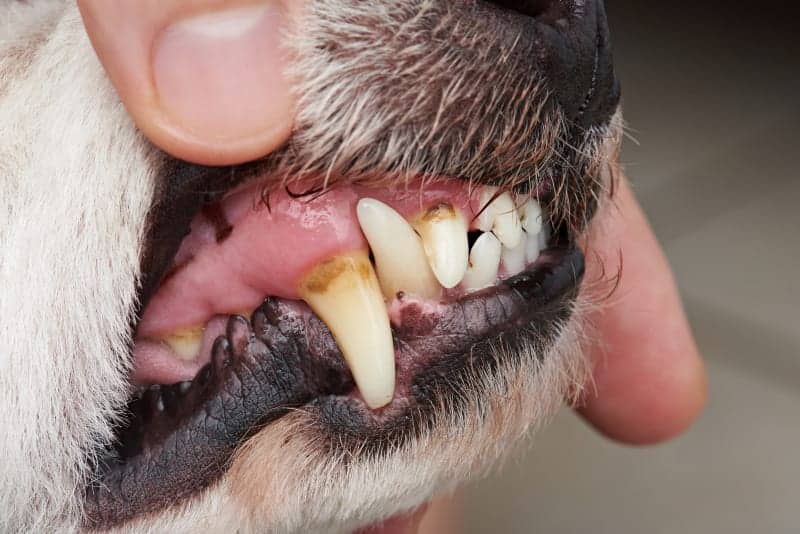A dog’s needs increase as he age. But one of the most neglected forms of showing love and affection to an older dog would be dental care. It is very difficult not to fixate on mobility and dietary problems, but do not forget your older dog has also got teeth. Now poor dental health can transform into infection, pain and even poor quality of life. In this blog, we’ll talk about why dental care for older dogs is so important.
Why Dental Health Matters for Senior Dogs
One of the most common health issues is dental disease in dogs, especially in old age. Like human beings, dogs suffer from dental plaque, gingivitis, and even dental caries.With age, all these happen to a dog with more intensity. If such a dental issue of an elderly dog is left untreated without proper dental care for a senior dog. There’s a chance that bacteria within the mouth will find their way into the bloodstream and cause damage to major organs, including the heart, liver, and kidneys.
That is why regular dog teeth cleaning for seniors is significant. You will not only save your dog from pain but also add considerably to its life by keeping it free from some serious health problems.
Common Dental Problems in Older Dogs
Older dogs are more prone to several dental problems. These include:
Gum disease
The most typical issue in senior dogs is periodontal or gum disease. It results from initial plaque formation, which irritates the gums if not removed from the teeth, leading to the loss of the affected teeth and infections.
Tooth decay
Cavities and tooth decay result in pain in an older dog. It leads to inability to consume food, weight loss, and other behavioral changes.
Broken or loose teeth
Older dogs may have weakened teeth, predisposing them to fractures and looseness. These can be very painful and most often need to be extracted.
Oral tumors
This is another common tumor in dogs and has been observed in many aging dogs at the mouth, either benign or malignant, and needs to be treated as early as possible.
Regular senior dog dental care and dog teeth cleaning for seniors can best prevent such problems.

The Role of Regular Teeth Cleaning
Of course, you would be wondering how often you should brush your senior dog’s teeth. The frequency at which a senior dog’s teeth should be cleaned is once per day. Just as you brush your mouth daily, perform the same to your dog. This process will help eliminate food particles that cause plaque buildup and maintain health in your dog’s gums.
But if that’s not manageable, try to do it at least several times a week. Apart from brushing the teeth at home, professionals must also handle regular dental care for senior dogs: The veterinarian can clean below the gum line where most dental problems start.
Signs Your Senior Dog Needs Dental Care
How do you know if your dog is suffering from dental problems? Some signs include:
Bad breath
While it is pretty usual for dogs to have some degree of bad breath; however, bad-smelling breath can be a sign of plaque or gum disease.
Difficulty to eat
If your dog suddenly doesn’t want to eat hard foods or seems painful while chewing, this may be associated with dental conditions.
Sore or bleeding gums
If his gums appear red, swollen, and bleeding, then that’s a very intuitive signal that your dog needs a visit to the mouth doctor.
Loose or broken teeth
There are visible loose or fractured teeth causing pain, thus needing some veterinarian attention.
Drooling excessively
The drooling is said to be excessive on dogs experiencing dental problems, where an infection or oral pain is involved.
If, for example, the dog presents one or several of these signs, it is high time to have it taken to the vet for some dental check-up since some form of dental care could be performed on the older dog so that, at least, the symptoms could not become serious health issues.
How to Care for Your Senior Dog’s Teeth at Home
Here is how you can take care of the teeth of your dog:
Brush their teeth
The best thing you can do for your senior dog dental care to keep the teeth clean is periodic brushing. You will need a toothbrush for dogs and puppy-friendly toothpaste with which you can brush without hurting your dog. So, introduce it gradually if your dog doesn’t seem so inclined to be brushed.
Dental chews
Most dental chews are made to remove plaque and tartar from the teeth. These are a convenient way to provide senior dog dental care if brushing cannot be done. Be sure to find ones that are VOHC-approved.
Water additives
Various water additives help to reduce the bacteria count in your dog’s mouth. They are simple to give to your pet and can be a pleasant supplement to regular teeth cleaning in older dogs.
Diet
A healthy diet is one crucial factor for good dental health. Ensure your senior dog gets good-quality food for their teeth and gums. Avoid feeding him sugary products or leftover table scraps known to cause decay.

Benefits of Regular Dental Care for Senior Dogs
Regular senior dog dental care can be enriching and may benefit you and your pet. Some of these benefits include:
Prevention of pain
Dogs do not exhibit any sign of pain, but dental issues can hurt them. Save your pet from silent suffering by closely monitoring dog teeth cleaning for seniors.
Long Life
Dental disease can lead to infections affecting significant organs, killing your dog. The proper dental care of older dogs can help extend their lifespan.
Health improvement
Physical well being is directly related to oral health. If the dog possesses a healthy mouth and teeth, you would expect them to have better digestion, heart function, and energy levels.
Fresh breath
Even though bad breath has a higher occurrence in older canines, frequent cleaning of their teeth heavily reduces it.
Lower chance of tooth fallout
When there is poor care, the older dog might lose teeth due to rot and gum disease. That will never happen when dog teeth cleaning for seniors, letting your pet enjoy their food and live pain-free.
Professional Dental Care for Senior Dogs
Besides daily home cleaning, professional cleanings are also essential for older dogs. A veterinarian will comprehensively clean your dog’s teeth, removing tartar or plaque that cannot be accessed through regular brushing. They may take X-rays to evaluate health beneath the surface.
A professional cleaning will call for putting your dog under anesthesia. It may seem scary, but your vet will ensure your pet receives a thorough cleaning without undue pain. Discuss with your vet how often older dogs need to get their dental care professionally done; for most senior dogs, that’s at least once a year.

Conclusion
Dental care doesn’t stop once your dog reaches old age. It gets essential as they advance in age. Good senior dog dental care helps prevent much pain and loss of teeth or severe infection that may lead to overall infections that may affect the general health of a senior. Regular cleanings at home and professional cleanings will mean your dog spends his golden years comfortably and in good health. It should be done today and not later once dental problems appear, and oral care should become important for the senior dog.
